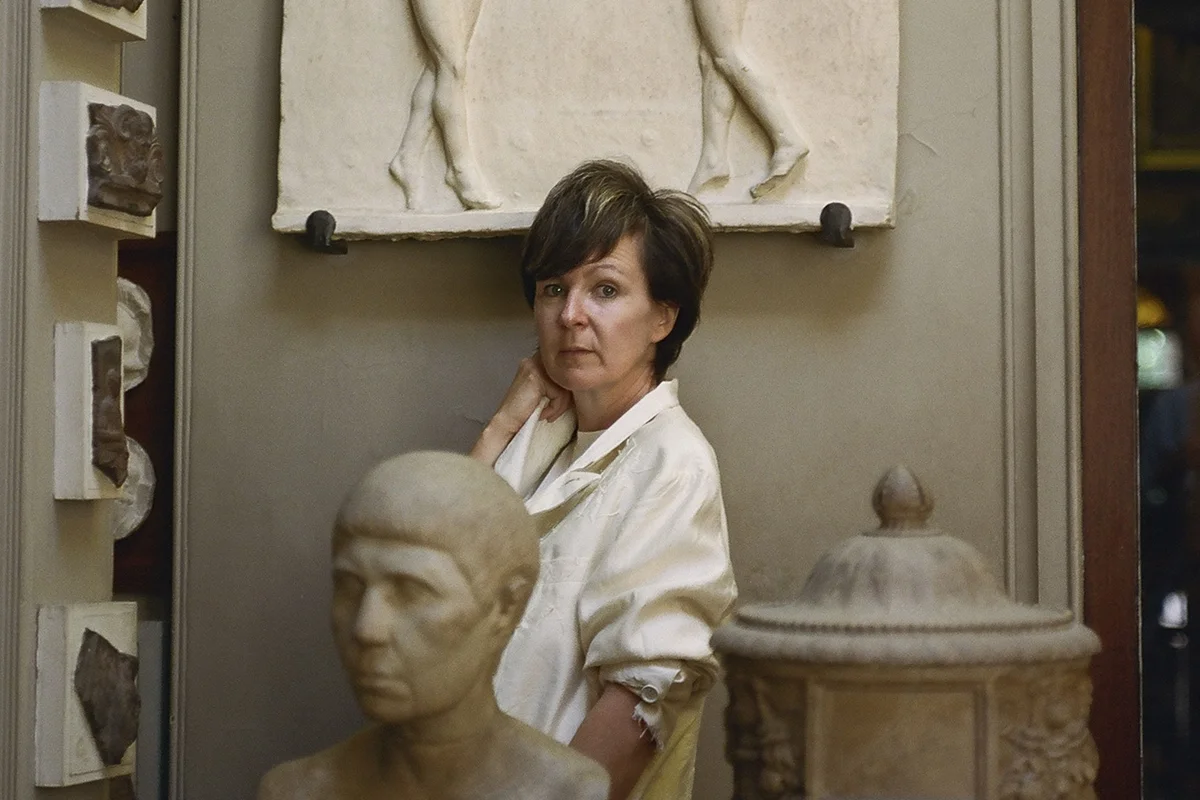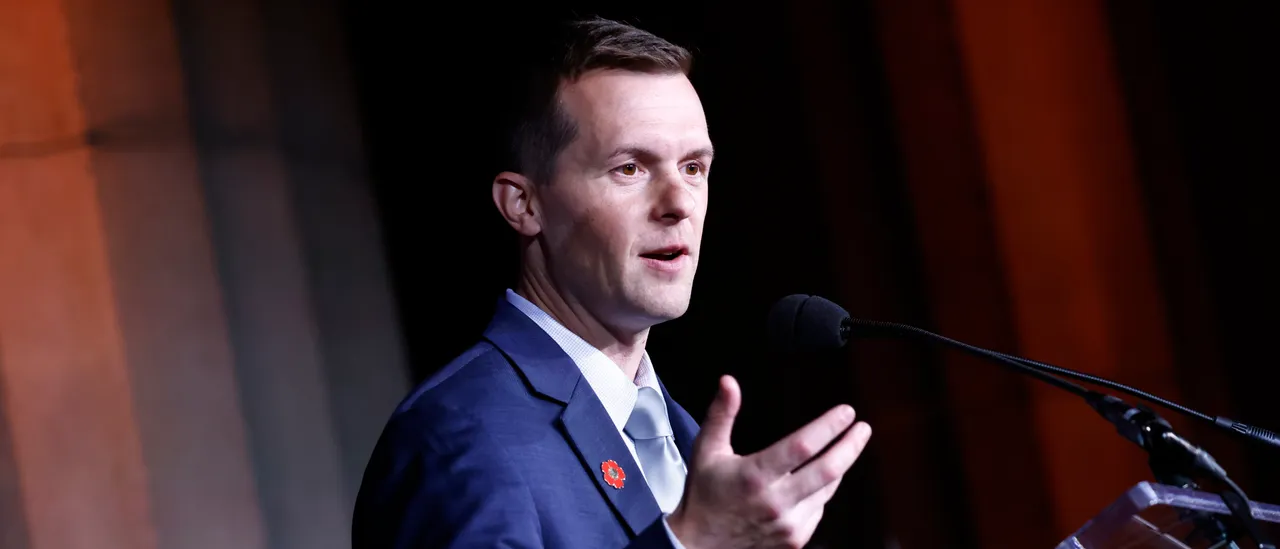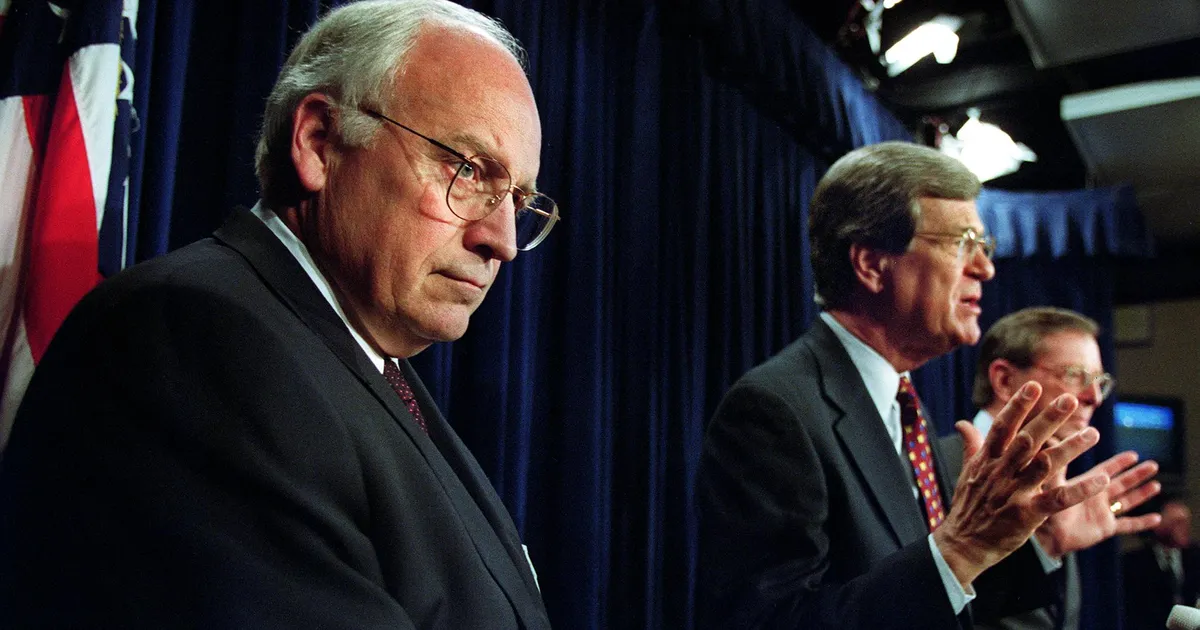Copyright independent

Olivia Laing knows they will irritate other writers with the story of how their second novel came to be. The Silver Book began on a writing trip to Rome and was ultimately completed in 10 weeks. “It was almost as if I tuned a radio and then the voices started, and all I had to do was get the story down. It was absolutely uncanny – very strange,” Laing recalls. From the back bench of a Soho restaurant, the 48-year-old throws their head back in toddler’s torment: “I want it to happen again!” OK, but this is still very annoying for the rest of us, I say. “Thank God that I’ve written so many other books that were agonisingly painful and took years to write because otherwise I’d be insufferable,” they reply. Their first novel Crudo was produced even quicker but its autobiographical scraps were collected, as much as they were written, from Laing’s real life. This novel – a queer romance narrative of lust, politics and cinema – was far more involved, grainy with texture, and yet: “It was one of those eerie experiences that happens once in a lifetime.” I’m still horrified. “That isn’t really how books happen – it’s labour.” At this stage in their career, Laing has devoted countless hours to a distinctive kind of intellectual labour. They’re becoming prolific, best known for non-fiction that draws readers into broad, deeply human themes: the connection between creativity and alcoholism (To the River), the symbolism of the garden (The Garden Against Time), or the ways in which bodies resist oppression (Everybody). Perhaps their most beloved work – and my favourite – is The Lonely City: Adventures in the Art of Being Alone (2016). The book begins with Laing’s move to New York in their mid-thirties, counting out days and nights that they found themselves achingly lonely. That gnawing, shameful emotion becomes the lens through which to examine the lives and work of other New York artists who, across time, grappled with and created from their own solitude. Like much of Laing’s writing, it moves gracefully between memoir, biography and cultural criticism, guided by a patient, understated empathy. Next year it will be a decade since the book’s release, so Laing approached its publisher Canongate with the idea of a special 10-year anniversary edition with a new foreword. It just keeps on selling, they say. “Any new person who arrives in a city goes and buys it, or is given it, and so it has had this amazing long audience.” It is good (or bad) luck that Laing is able to say these things about their own books, rather than other people’s. They began their career as Deputy Books Editor at The Observer when, at 29 years old, they were made redundant amid the 2008 recession. A female editor bumped into a heartbroken Laing at the sinks in the women’s toilets. “I’m just so sad,” Laing told the editor, who took them by the shoulders, looked into their eyes and advised: “There is a very small window in a woman’s life in which you can write – you have to get through the window.” Laing no longer identifies as a woman – they are non-binary – but that was all they needed to hear ahead of possible mortgages or husbands or dependents. The comment was enormously powerful. “I think if I had kept that job, I would have stayed there forever. It was safe, it was lovely; I enjoyed it,” they remember. When we meet to discuss their new novel, Laing is already seated ahead of time at our table. They decline a coffee, opting instead for a thimble of water. Dressed in a Boy London T-shirt, with their trademark tousled dark crop and small piercing blue eyes, they look effortlessly self-assured and a little puckish. They’re warm and speak both quickly and carefully, exactly as you might expect from their writing. On the contrary, The Silver Book is not what I had anticipated. To my surprise, it’s a measured, traditional novel based only loosely in historical reality; a far cry from their first, Crudo, the polarising hybrid of autofiction and cultural commentary that captured the voice of their hero, Kathy Acker. I had thought it would be more, well, factual. Acker once told Laing that they shared a horror for making things up. “Well, maybe I outgrew that,” Laing replies excitedly when I remind them of this. “Maybe I got to somewhere different. Because more and more it’s felt like I can’t use non-fiction to do justice to the strangeness and turbulence and intensity of the times that we’re living in. Fiction was a way to be more immediate and fluid and swift. It felt like a gesture, like a knife – it just felt faster and harder.” They are still, then, in the mindset they were in when working on Everybody during the pandemic, and had to switch to writing Crudo for its immediacy (“I couldn’t, in good faith, sit down and start writing these sentences that acted as if reality was stable, and we had shared truths that we all believed in, because we clearly didn’t have that sense.”). With Everybody, Laing was trying to trace ideas of freedom and the body, but its historical sweep kept colliding with the instability of the present. That tension – between looking at the world and being caught up in it – runs through all their work. The Silver Book feels like another, more laid-back, attempt to write from inside that entanglement. Without me spoiling the plot of The Silver Book, it’s an erotic queer love story between two men: Laing’s invented character, the troubled and financially bereft British expat Nicolas, and a real-life figure, the celebrated art director and costume designer Danilo Donati. The pair become lovers and begin working together on the film sets of Pier Paolo Pasolini and Federico Fellini. Laing had originally envisioned a Talented Mr Ripley–type story, but while shaping Nicolas, they realised he was far more vulnerable. Nicolas is often a (hot!) young accessory to Danilo’s artistic and emotional whims, pushed further into his own meandering nature by his older partner and boss. “As an artist you’re always seduced back into doing,” Laing says of Danilo’s turbulent and obsessive ups and downs with creating – and of their own writing. “You leave a work with the memory of the final bit, which tends to be really exciting and good, and you forget the horrors of the beginning until you’re back in the beginning again.” Fiction veers back into fact when Pasolini is killed at the end of The Silver Book – he was a real person, whose death remains shrouded in mystery. Laing, like the vast majority, assumes it was a political assassination. “Very deliberately, it made his final film, Salome, seem as if it was pornography, when in fact it was a warning about the rise of fascism and the dangers of compliance and publicity when fascism returns,” they explain. “Those are Pasolini’s most important messages, which is why I feel so strongly about talking about this while we’re sort of in this world that Pasolini predicted – this grotesque alliance between fascism and capitalism.” While working on the book, Laing realised that the 50th anniversary of Pasolini’s murder was approaching, so, together with the publishers, they raced to complete and release the book in time. But if you don’t particularly want to go down a rabbit hole of online research about Italian politics, you can just enjoy the sensuousness of the sex, the taste of the cream buns and peaches, and imagine smoking the cigarettes. “You don’t have to know that the people are real, you don’t have to know anything about the world, you don’t have to care about the politics – you can just read it on that level and that’s completely fine by me,” Laing says, gesturing a clear slate with their hands. “It’s just a love story with the shadows of fascism all around, which is our world too. Sorry to say!” It is possibly now time for Laing to irritate some of their most devoted readers – or at least shatter their hearts: don’t expect another narrative-non-fiction tome. Instead, the author thinks they’ll work on a prequel to The Silver Book, set in Seventies London, the one that Nicolas left behind. “I’m done with non-fiction, at least for the time being,” they say conspiratorially. “To try doing something new quite a way into a career is a very thrilling, high-risk feeling. Because people might say, ‘Why do this? Why bother?’” Laing has been here before. When they wanted to write about loneliness, it was a taboo subject, something jarring and odd. Their hunch that it would be part of the zeitgeist was right: it turned out to be an almost universal feeling, they add. “The more you’re proved right, the more people will trust you the next time when you say, ‘I want to do this strange thing.’” The Silver Book is out now on Penguin. Olivia Laing will be in conversation with Neil Bartlett at Foyles on 12 November



